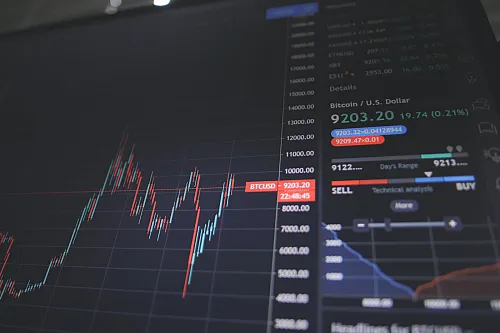On 1 February 2012 the European Commission blocked the envisaged merger between and NYSE Eurnonext (which inter alia operates the Euronext Lisbon exchange), a transaction which would have created the world’s largest financial exchange. After a 7-month in-depth investigation, the Commission concluded the transaction would create a dominant position in the market of European financial derivatives traded globally on exchanges, and that the remedies offered by the parties were not adequate to remedy the Commission’s competition concerns.
Concentrations have been prohibited only in rare cases. In more than 2,000 transactions cleared since the EU Merger Regulation came into force in 2004, this is only the third concentration blocked by the Commission (the other two operations were Ryanair/Air Lingus, in 2007, and Olympic Airlines/Aegean Airways, in 2011).
Relevant market: derivatives traded on exchanges vs. “over-the-counter”
The Commission’s concerns focused on the derivatives area, where the parties’ subsidiaries Eurex and Liffe are active. Derivatives are financial instruments whose value is derived from an underlying asset, such as interest rates or equities, and that are used by companies and financial institutions to manage financial risk (for instance fluctuations in interest rates, exchange rates, stock quotes, etc.) and as investment products for institutional and retail investors.
The case evolved mainly around the question of how to define the relevant market, and in particular whether European derivatives traded on exchanges (exchange-traded derivatives or “ETD”) belong to the same market as derivatives traded over-the-counter (“OTC”). Deutsche Börse and Euronext argued that ETD and OTC derivatives competed between themselves and should be included in the same product market. The Commission concluded otherwise, taking into account each product’s different characteristics and intended use. ETD are fully standardized contracts in all their legal and economic terms (which are drafted by the exchange) and are of a relatively small size (approximately Euro 100,000 per trade), whereas OTC derivatives are customized bilateral contracts, usually negotiated on a case-by-case basis, and concern much larger values (around Euro € 200,000,000 per trade). The costs associated to OTC transactions are also far higher than those of exchange trades (up to eight times, according to a Deutsche Börse paper), and there is a significant number of clients which cannot and would not trade OTC and for which an exchange is the only option.
Elimination of competition between Deutsche Börse and NYSE Euronext
With the relevant market being limited to ETDs, post-transaction the parties would have a position nearing monopoly, with a combined share of around 90%. The Commission also concluded the parties were each other’s closest competitors, and that the elimination of reciprocal competitive pressure would result in significant impediments to competition in the market, harming the users of derivatives and the European economy as a whole. In contrast, if the relevant market were to include also OTC derivatives, the parties’ combined market share (around 16%) would have not been significant.
The Commission found that other exchanges operating at the global level, in particular Chicago Mercantile Exchange (“CME”), had only a marginal presence in the trade of European derivatives, and therefore did not exercise sufficient pressure on the parties in the relevant market. Any new competitor would also face difficulties in entering the market due to the high barriers to entry and to Eurex and Liffe’s vertical integration (by combining exchanges and clearing houses). Finally, the efficiencies claimed by the parties were not, according to the Commission, sufficient to outweigh the harm to competition resulting from the transaction.
Remedies offered were insufficient to address concerns
Deutsche Börse and NYSE Euronext presented three remedies proposals, which in their final version consisted of the divestiture of a part of Liffe’s European single stock derivatives business, access to the merged entity’s clearing house for materially “new” interest rate, bond and equity index derivatives contracts, and a license to Eurex’s interest rate derivatives trading software. However, after testing the commitments with competitors and clients, the Commission concluded that the remedies package was insufficient in scope, difficult to implement and unlikely to be effective in practice, and thereby could not restore the competition lost as a result of the merger.
Next Chapters
Although the parties announced they abandoned the plans for the merger, Deutsche Börse recently confirmed it will appeal to the EU General Court, since it considers “several aspects of the ruling are faulty”. By contrast, NYSE Euronext already stated that it would not pursue an appeal of the decision.
The appeal will probably contest the decisions’ market definition, as the segmentation made by the Commission may constitute an unwelcome precedent for any expansion plans Deutsche Börse may have in the future. The annulment of the decision will not be an easy task however, since the European courts recognize the Commission a wide margin of appreciation regarding complex economic analyses, which means that, in order to be successful, Deutsche Börse will have to demonstrate that the decision is vitiated by one or more manifest errors of assessment.



